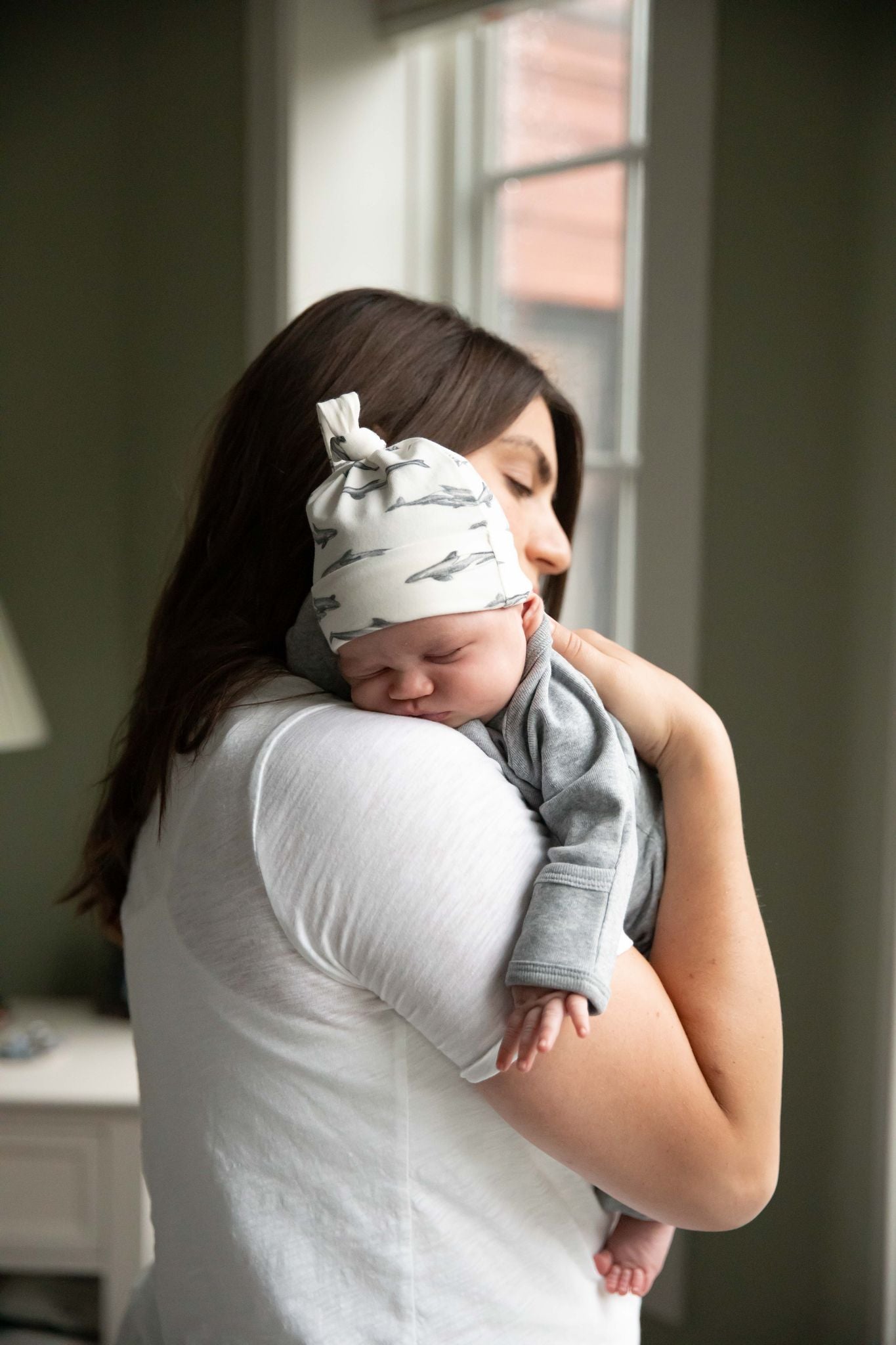Anxiety and Depression During Pregnancy: What Every Woman Should Know

For plenty of women, growing a bump is anything but blissful—between symptoms like nausea and back pain, crazy hormone activity, and the stress and unknowns of delivery, pregnancy can feel like more of a nailbiter than a nine-month joyride. But for up to 15 percent of women, pregnancy is packaged with full-blown anxiety and depression, says Carly Snyder, MD, a reproductive and perinatal psychiatrist based in NYC. What’s worse: only a third of those women seek help. Why do the majority of those suffering skip treatment, and what kind of an effect can depression and anxiety have on your baby? Read on.
The Hesitation to Get Help
“Many women express a sense of failure in experiencing depression and anxiety during pregnancy, as if they are somehow letting their baby-to-be down,” says Snyder. They feel guilty for needing treatment and worry about the negative impact taking medicine might have on their baby. (Snyder says studies have found that in cases of moderate to severe depression or anxiety, the risk of treatment with antidepressants like SSRI's is less than the risk of failure to treat the mood disorder.) Feeling better is paramount, not only for mom’s health, but for the health of the baby, she says. “It’s a symbiotic relationship: mom must be well for baby to be well.” (In fact, just last month the US Preventative Services Task Force recommended doctors do more to screen for and prevent depression in pregnant and postpartum women by referring them to counseling—a nod to just how dangerous the effects can be for mom and baby.) Here's what's at stake:
- Poor self-care is common in women suffering from mood disorders during pregnancy—they may forget to take their prenatal vitamins or pass on exercising, eating healthy, and making those all-important doctor appointments, says Snyder.
- Untreated depression or anxiety during pregnancy can put mom at a greater risk for diabetes, preeclampsia, and eclampsia—all dangerous for baby—and research shows severely depressed mothers have double the risk of going into preterm labor. They're also more likely to have a child with a low birth rate.
- Depression during pregnancy rarely resolves itself after delivery: “That exposure to mom’s nearly inevitable postpartum depression and/or anxiety puts the baby at risk for behavioral problems, language delays, and attachment problems,” says Snyder.
The Best Treatment Options
No future mama chooses to be depressed—and suffering through those dark days alone, or without help, isn't healthy for mom or baby. 'Every mom deserves the opportunity to appreciate her pregnancy, to fall in love with her baby and connect in the quiet moments alone,' says Synder. Depending on symptoms, the gold standard for treatment is a combo of counseling (individual and group therapy) and/or medications like antidepressants.
Snyder has also had patients find success with complementary therapies like acupuncture, light therapy, better sleep hygiene, diet changes, exercise, and supplementation of certain vitamins like Vitamin D and folate. All that said, the first move if you're feeling depressed or anxious during pregnancy is to ask for help: Don't hesitate to chat with your doctor. Postpartum Support International has a hotline and loads of other online resources for struggling mamas.











